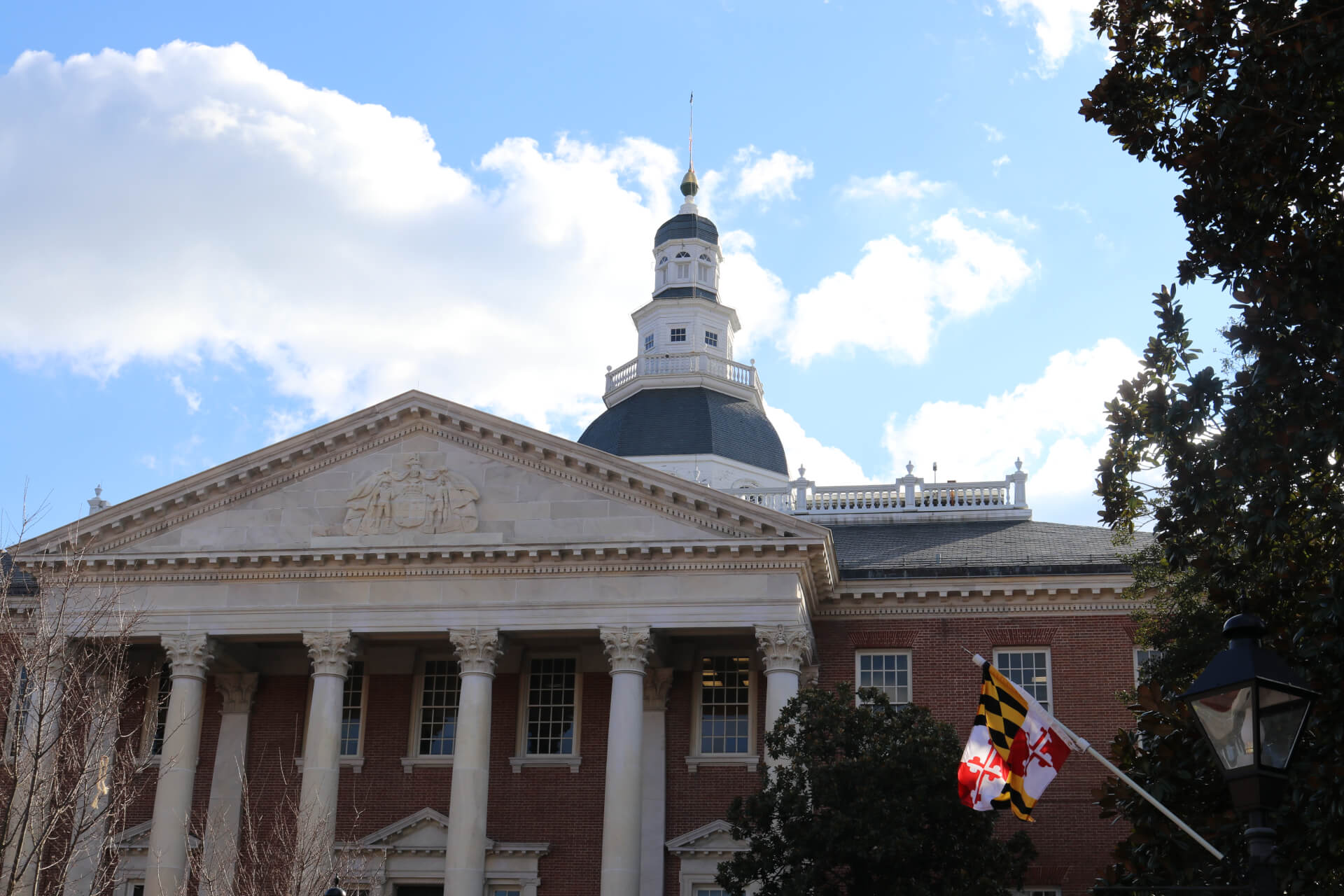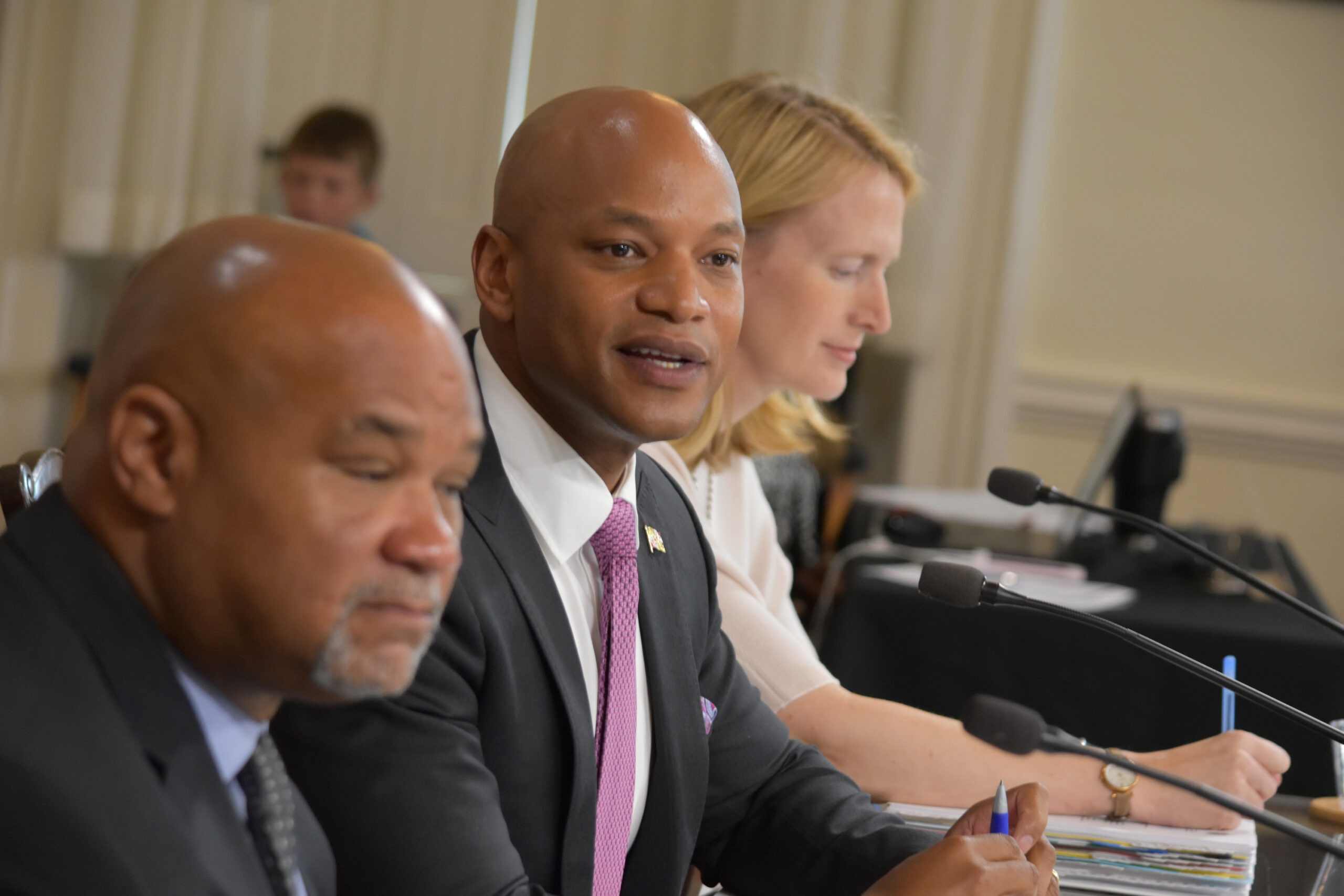HBCU advocacy group wants new MHEC members to intervene on program duplication controversy

As a new majority of members on the Maryland Higher Education Commission convened for the first time Wednesday, a group of HBCU advocates wrote a letter to the panel, urging them to suspend approval for a new business degree at Towson University.
The protest comes after the president of Morgan State University, David K. Wilson, argued that the new Towson program duplicates an existing doctoral degree program at his university, an issue at the heart of longstanding concerns about state investment in historically Black colleges and universities.
“We respectfully request that the new members of MHEC immediately suspend the recent approval of Towson University’s business analytics administration doctoral program pending further review and that MHEC instruct Towson University to temporarily suspend that program, pending further notice,” Sharon Blake, spokesperson for the HBCU Advocates, wrote in the letter sent Wednesday to new board chair Catherine “Cassie” Motz. “The Advocates respectfully request that MHEC schedule promptly a full, 12-member Commission meeting, open to the public, in order to review this matter…more comprehensibly and more in-depth.”
The group plans to hold a press conference soon to address the topic and also encourage state lawmakers to intervene.
The advocates’ request comes as more than half of the commission members are new, and as the General Assembly established a Workgroup for Improving the Academic Approval Process, which will meet for the first time Monday.
The workgroup — comprised of Sanjay K. Rai, the commission’s acting secretary, four state lawmakers and five current higher education representatives — will assess MHEC’s academic approval process and other policies and will submit recommendations for changes by December.
As new policies are considered, Motz and Rai wrote a memo last month suggesting that college and university leaders “pause” their pursuit of new degree programs if another institution objects.
In June, seven members of the 12-member commission voted 4-3 in a closed session to allow a business analytics doctoral program at Towson University, despite a challenge that it was duplicative of Morgan State’s business administration program. Towson and Morgan State are about five miles apart in the Baltimore area.
Wilson has argued that the approval goes against the spirit of a $577 million settlement reached two years ago after HBCU supporters sued the state and claimed that it directed more resources to Maryland’s predominately white institutions and allowed duplication of academic programs already established at the state’s four HBCUs – Morgan State, Bowie State and Coppin State universities and the University of Maryland Eastern Shore.
The board’s decision is “final” based on commission regulations, but minutes from the meeting have not been approved. It is unknown how individual commissioners voted.
Rhonda Wardlaw, director of communications for the commission, said in an email Wednesday that “MHEC does not release individual vote information, but may review such practices in the interest of increasing transparency in the future.”
Besides Motz, the four other new members in attendance Wednesday were: Chike Aguh, a senior fellow at Northeastern University’s Burnes Center for Social Change and former chief innovation officer at the U.S. Department of Labor; Sheila Thompson, former national research coordinator with the Progress in International Reading Literacy Study; Mickey L. Burnim, former president of Bowie State University; and Janet Wormack, former vice president for administration and finance at Salisbury University
The other two new members on the 12-member board not in attendance were Charlene Dukes, former president of Prince George’s Community College, and Tanya Johnson, a student commissioner who attends Morgan State.
Moore appointed commissioner Rebecca Taber Staeheline, who was confirmed by the Senate, earlier this year.
On Wednesday the board briefly discussed other topics, including recommendations from the Moore administration’s transition plan on higher education, a goal to help 55% of Marylanders aged 25 to 64 earn an associate’s degree by 2025, and possibly updating a statewide higher education plan revised last year under former Gov. Larry Hogan (R).
“I look forward to working with this commission. Many of us are newly appointed. We have a lot of work ahead of us,” Motz said. “It’s an exciting time to be involved in in higher education.”




 Creative Commons Attribution
Creative Commons Attribution